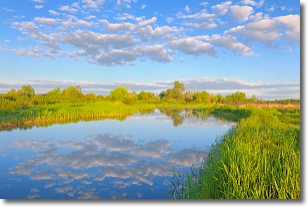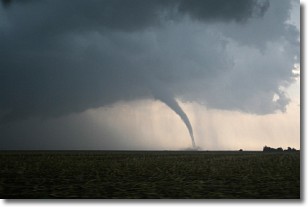Weather Alerts for California
1. Dense Fog Advisory for: Merced - Madera - Mendota; Planada - Le Grand - Snelling; Caruthers - San Joaquin - Selma; Fresno-Clovis; Delano-Wasco-Shafter; Hanford - Corcoran - Lemoore; Visalia - Porterville - Reedley; Bakersfield; Southeast San Joaquin Valley
2. High Surf Advisory for: Malibu Coast; Los Angeles County Beaches
3. High Surf Advisory for: San Diego County Coastal Areas; Orange County Coastal
4. High Surf Advisory for: San Francisco; Coastal North Bay Including Point Reyes National Seashore; San Francisco Peninsula Coast; Northern Monterey Bay; Southern Monterey Bay and Big Sur Coast
5. High Surf Advisory for: San Luis Obispo County Beaches; Santa Barbara County Central Coast Beaches
6. High Surf Advisory for: Santa Barbara County Southwestern Coast; Santa Barbara County Southeastern Coast
7. High Surf Advisory for: Ventura County Beaches
8. Winter Weather Advisory for: Greater Lake Tahoe Area; Greater Lake Tahoe Area
9. Winter Weather Advisory for: Mono
10. Winter Weather Advisory for: Western Plumas County/Lassen Park; West Slope Northern Sierra Nevada
11. Winter Weather Advisory for: Yosemite NP outside of the valley; Upper San Joaquin River; Kaiser to Rodgers Ridge; Kings Canyon NP; Grant Grove Area; Sequoia NP; South End of the Upper Sierra
Want more detail? Get the Complete 7 Day and Night Detailed Forecast!
Current U.S. National Radar--Current
The Current National Weather Radar is shown below with a UTC Time (subtract 5 hours from UTC to get Eastern Time).

National Weather Forecast--Current
The Current National Weather Forecast and National Weather Map are shown below.

National Weather Forecast for Tomorrow
Tomorrow National Weather Forecast and Tomorrow National Weather Map are show below.

North America Water Vapor (Moisture)
This map shows recent moisture content over North America. Bright and colored areas show high moisture (ie, clouds); brown indicates very little moisture present; black indicates no moisture.

Weather Topic: What are Stratocumulus Clouds?
Home - Education - Cloud Types - Stratocumulus Clouds
 Next Topic: Stratus Clouds
Next Topic: Stratus Clouds
Stratocumulus clouds are similar to altocumulus clouds in their
fluffy appearance, but have a slightly darker shade due to their additional mass.
A good way to distinguish the two cloud types is to hold your hand out and measure
the size of an individual cloud; if it is the size of your thumb it is generally
an altocumulus cloud, if it is the size of your hand it is generally a
stratocumulus cloud.
It is uncommon for stratocumulus clouds to produce precipitation, but if they do
it is usually a light rain or snow.
Next Topic: Stratus Clouds
Weather Topic: What are Wall Clouds?
Home - Education - Cloud Types - Wall Clouds
 Next Topic: Altocumulus Clouds
Next Topic: Altocumulus Clouds
A wall cloud forms underneath the base of a cumulonimbus cloud,
and can be a hotbed for deadly tornadoes.
Wall clouds are formed by air flowing into the cumulonimbus clouds, which can
result in the wall cloud descending from the base of the cumulonimbus cloud, or
rising fractus clouds which join to the base of the storm cloud as the wall cloud
takes shape.
Wall clouds can be very large, and in the Northern Hemisphere they generally
form at the southern edge of cumulonimbus clouds.
Next Topic: Altocumulus Clouds
Current conditions powered by WeatherAPI.com




